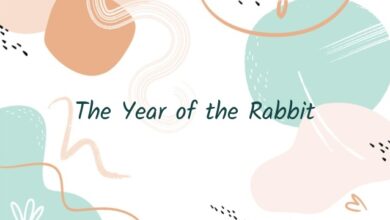Lit Hub Daily: October 21, 2024
TODAY: In 1967, Norman Mailer is arrested along with 650 others for civil disobedience during the National Mobilization Committee to End the War in Vietnam March on The Pentagon.
Matthew Lockwood shares the stories of early travelers from across the globe (who should probably be more famous). | Lit Hub History
“If the material for Proust’s seven-volume novel were said to have sprung from savoring a single madeleine dipped in tea, perhaps aspic is memory held in abeyance, trapped in jelly.” Aditi Machado on what cooking can teach writers and translators. | Lit Hub Criticism
Rob Goyanes talks to Christopher Forgues about the elements of his creative process: “One of the hardest things about comics is being beholden to the page. It all has to happen there.” | Lit Hub In Conversation
James Ivory looks back on a 1940s queer coming-of-age amid repression and longing in Palm Springs. | Lit Hub Memoir
“do not go together, no. / We walk to the restaurant, then he slips his ring off to work with his hands— / mixing dampened flour he’ll later shape and leave to proof.” Read “Wedding Rings and Sourdough,” a poem by Emily Hyland. | Lit Hub Poetry
Cundill Prize finalist Dylan C. Penningroth recommends seven essential texts on Black legal history by Patricia J. Williams, Laura F. Edwards, Charles M. Payne, and more. | Lit Hub Reading Lists
Jody Eddy visits the 12th-century Cistercian Monastery of Poblet (and tries the paella). | Lit Hub Food
“Everything genuine reminds me of you, Heba.” Somaia Abu Nada remembers her sister, Palestinian poet and novelist Heba Abu Nada. | Lit Hub Memoir
“The girl, over those days, ate without a fuss.” Read from Alia Trabucco Zerán’s novel Clean, translated by Sophie Hughes. | Lit Hub Fiction
“Though Steinbeck met Babb on at least one occasion when he was traveling with his friend Collins doing research for his book, he never acknowledged her input into his work.” On the forgotten work of Sanora Babb. | Salon
Laura van den Berg asks, do dogs know what art is? | The Paris Review
Nicholas Whittaker examines blackness and monstrosity in horror. | The Point
What do essays have in common with architecture? Elisa Gabbert considers. | The Georgia Review
“Besides signifying virtuosic talent, mastery also connoted brutal power as the state seized control of every aspect of Soviet life.” A new take on The Master and Margarita. | Los Angeles Review of Books
Jeff VanderMeer on what he ate while fleeing from Hurricane Helene. | Grub Street
